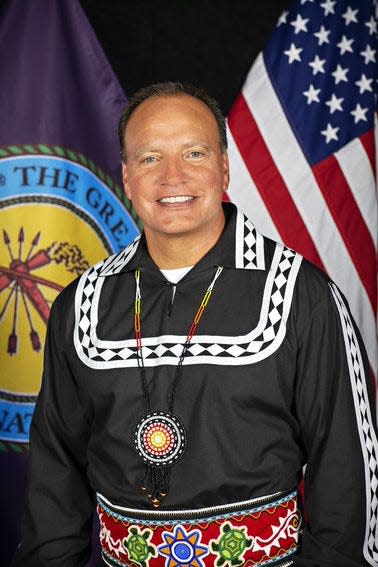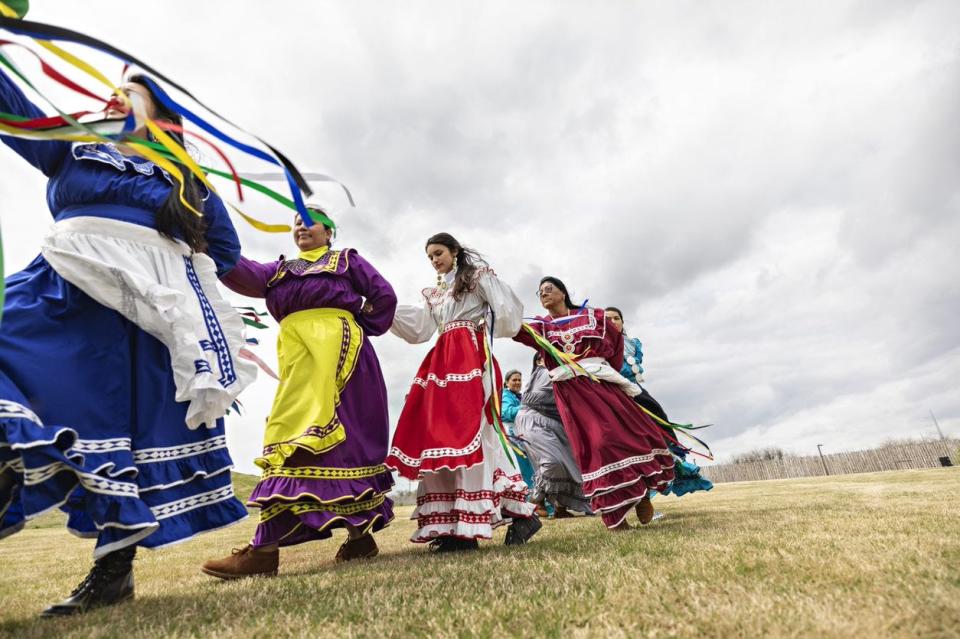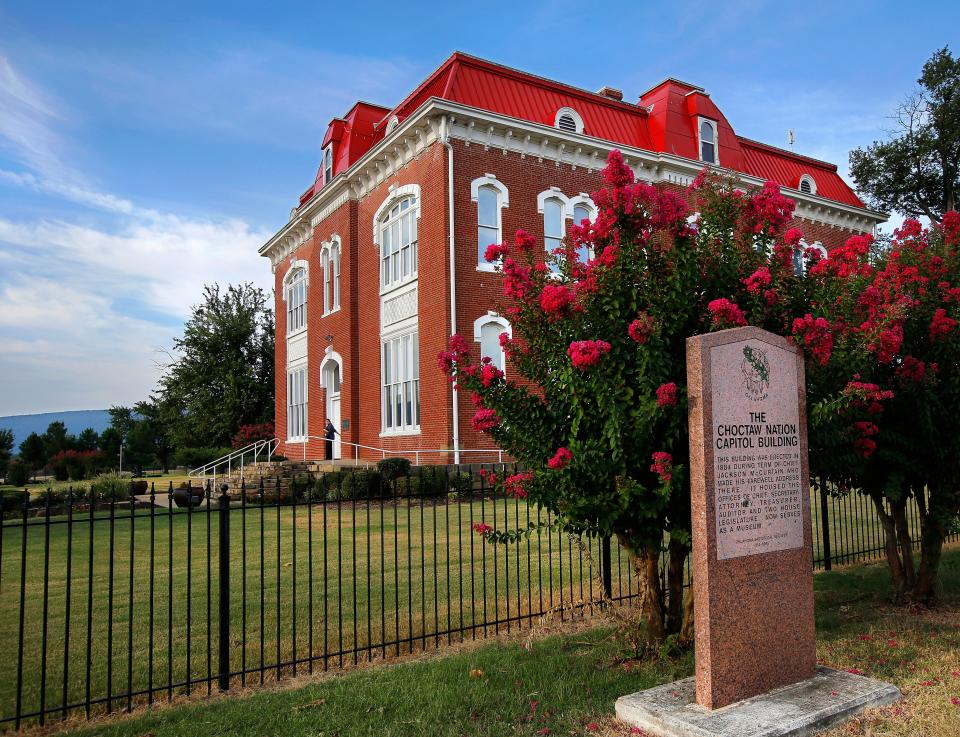Viewpoint: What does it mean to be Choctaw in Oklahoma?


What does it mean to be Choctaw? How does tribal art affect the overall culture in the United States? Why does Oklahoma have sovereign nations within its borders?
All these questions and more are on my mind as we celebrate Native American Heritage Month in November. This is also a time when I like to explain our Native viewpoint to other Oklahomans.
For example, some people inaccurately think tribes make an effort to set themselves apart from others. But it’s not true. In my house, my non-Choctaw wife and I have built a family that is the pride of my life. And much like Irish, German, Asians or many other kinds of Americans who celebrate their ancestry, we take great pride in our identity while also celebrating being Oklahomans and U.S. citizens.

We focus on revitalizing our culture and history while building relationships based on shared values. This takes many forms. For example, we work with the federal government to provide safe housing for our tribal members. We partner with state government to ensure public safety. We collaborate with cities and towns across Oklahoma to provide economic development and opportunities.
Oklahoma’s tribes are more engaged and more active than in any other state, and we pride ourselves on providing benefits for all citizens.
The Choctaw Nation says, “Together, we are more.” This phrase builds solidarity among our tribal members and the people who reside in our communities, melding our unique talents and interests together for the good of all. Our artists share a unique spirit and perspective, and the way they share their vision with the world shapes Oklahoma’s identity for all and helps define the American West.
Our impact extends beyond our organization. We support communities in southeast Oklahoma, and we are part of Oklahoma’s efforts to become the premier destination that highlights our Native American culture and our beautiful state. Our commercial activities generate more than $2.2 billion in economic value for the state, providing jobs, tax revenue and opportunities.
My priority is doing what’s best for our tribal members and the communities in which they reside, like the young Native woman who was abandoned as a child and who now works as a community-based social worker, saving children in need. And the tribal member who grew up in the small city of Idabel and is now defending tribal sovereignty with a University of Oklahoma law degree.
Countless others are putting their potential to good use. They are tushka (warriors) living out the Chahta spirit of faith, family and culture.
To me, this is what it means to be Choctaw.
Gary Batton is the chief of the Choctaw Nation of Oklahoma.
This article originally appeared on Oklahoman: Viewpoint: Being Choctaw means celebrating culture, building relationships

